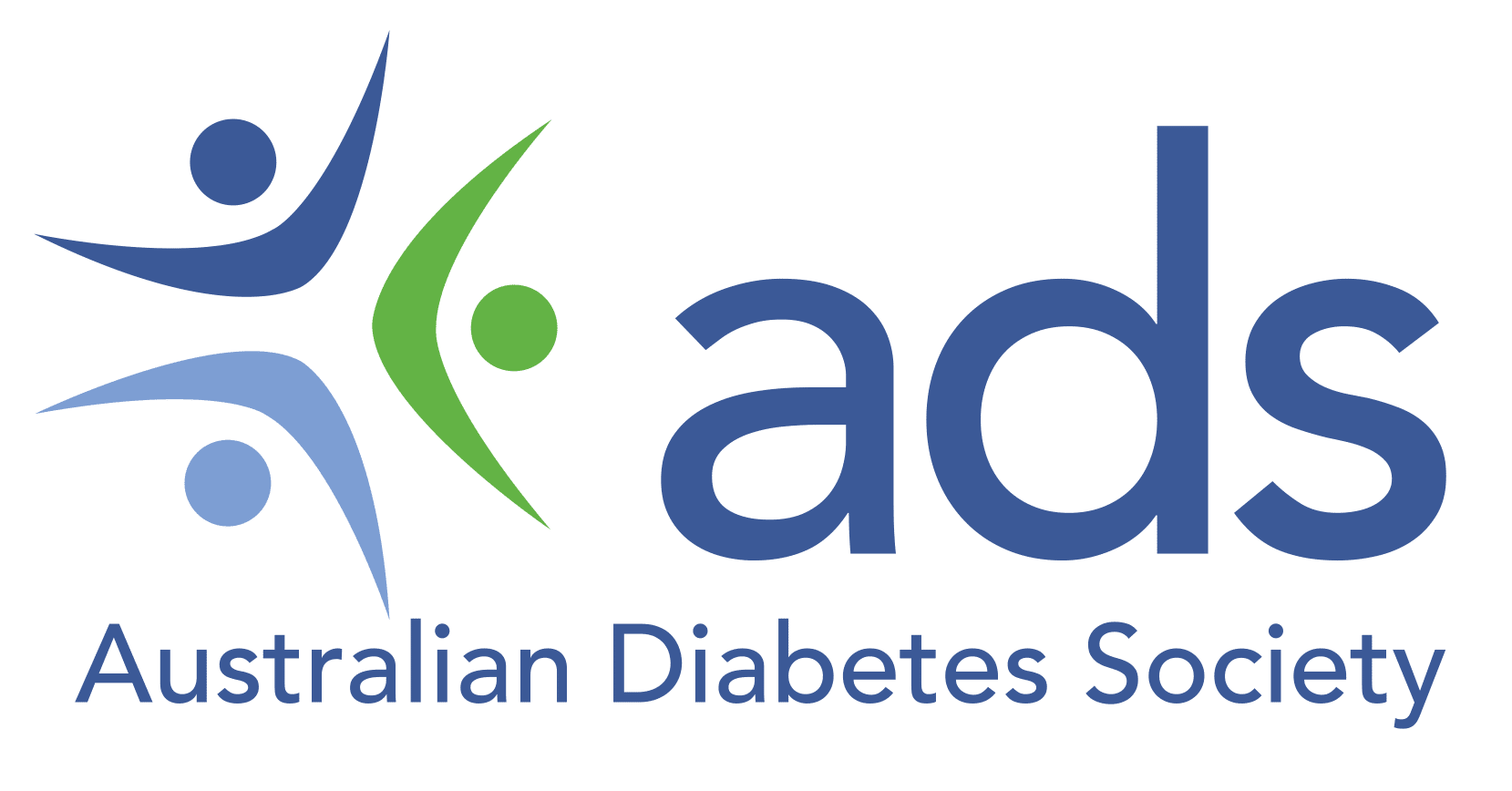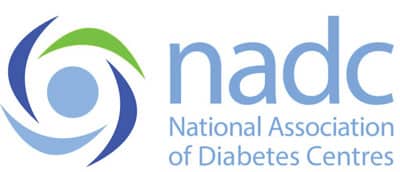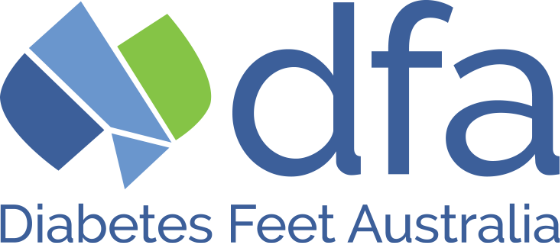The Australian Diabetes Society Council established the Education Advisory Committee (EAC) in 2021 and is a key strategic pillar on the operations and functions of the organisation. Members are appointed by an expression of interest from the membership on an initial two-year term.
Members
Chair: A/Prof Glynis Ross
Members: Prof Jane Holmes-Walker, A/Prof Melkam Kebede, Dr Rahul Barmanray, A/Prof Vincent Wong, A/Prof Roger Chen, A/Prof Ross
Laybutt, Dr Roy Rasalam, Dr Shanal Kumar, Dr Anna Wood, Dr Sof Andrikopoulos, Ms Natalie Wischer, Ms Linda Valenzisi
Role
(a) The Australian Diabetes Society (Society) Education Advisory Committee (EAC or Committee) is a subcommittee of the Society, and provides advice to the Society’s Council (Council).
(b) The EAC aims to promote and support high quality education in diabetes.
Functions
(a) EAC’s functions are:
(i) to provide advice to the Council on education priorities;
(ii) to review and update the scope, curriculum and information regarding education activities administered by the Society.
These include (but not limited to):
- ADS Practical Skills Course
- ADS John R Turtle Diabetes Clinical Skills
- Training Course for Advanced Trainees in Endocrinology
- Insulin Pump CGM/FGM Technology Workshop
- Australasian Diabetes Congress (ADC)
- Australasian Diabetes Advancements in
- Technologies Summit (ADATS)
- Best Practice in Diabetes Centres (BPDC) Meeting
- Diabetes Feet Australia (DFA) Scientific Meeting
- Webinars and live panel discussions and other educational events
(iii) to provide education support to:
- early career researchers
- advanced trainees
- specialists
- scientists
- general practitioners
- other health
- practitioners involved in diabetes
(iv) to provide input, advice and guidance for the National Diabetes Care Course; and
(v) such other functions as are reasonably determined by the Council.
(b) Office bearers and members of the Committee or any subcommittee of the Committee, must obtain express written permission from the Council or President of the Council before purporting to act or communicate on behalf of the Society or the Council.



